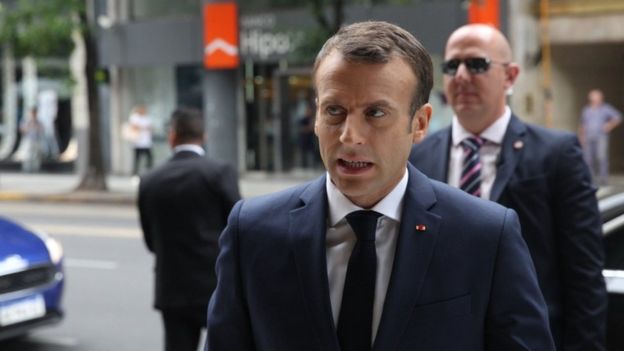French legislators have granted final approval to a contentious immigration measure, signaling a dramatic policy change that tightens requirements for foreign students and workers wanting to enter the nation.
The law, which was the outcome of a compromise between French President Emmanuel Macron’s party and the conservative opposition, mirrors a larger trend in Europe—a rightward move in response to the growing influence of far-right parties. The passed measure imposes stricter limitations on immigrants, changing the eligibility conditions for public benefits such as housing assistance and family allowances.
Read Also: Sing-a-thon : Ghanaians gather at Akwaaba Village to support Afua Asantewaa
Immigrants will now be entitled for public assistance only after remaining in France for a lengthy amount of time, ranging from several months to years, under the newly approved law. Furthermore, the Act creates barriers for immigrants wanting to reconnect with their relatives in the country and imposes extra visa costs for international students.
Following the lower house decision, Interior Minister Gerald Darmanin commented, “It’s not by holding your nose in central Paris that you can fix the problems of the French in the rest of the country.”
Originally intended as a balanced method to speed residency permits for migrants in labor-deficient industries and facilitate the removal of illegal migrants, the measure was modified to gain right-wing support. As a result, regulations relating to residency permits were watered down, and access to welfare benefits, such as those for children and housing allowances, was delayed by many years.
The settlement also includes migration quotas, stiffer requirements for immigrants’ children to get French citizenship, and says that dual nationals guilty of major offenses against police may have their French citizenship revoked.
This legislative development underscores Macron’s government’s nuanced hurdles in seeking to accommodate concerns from both sides of the political spectrum. While gaining victory on the immigration front, the concessions made highlight the difficulty of negotiating contemporary France’s complex political terrain.



























